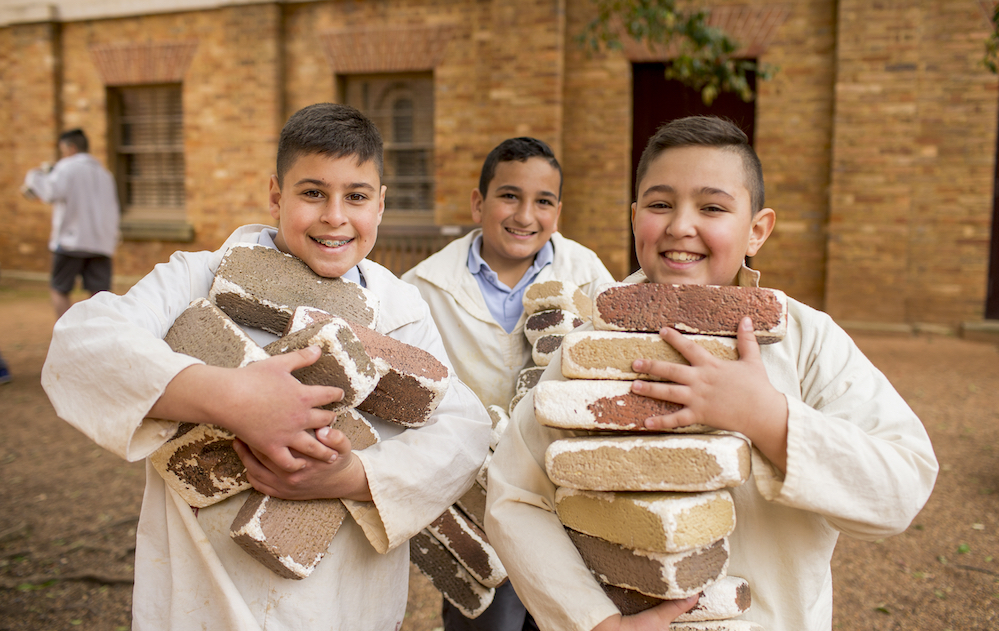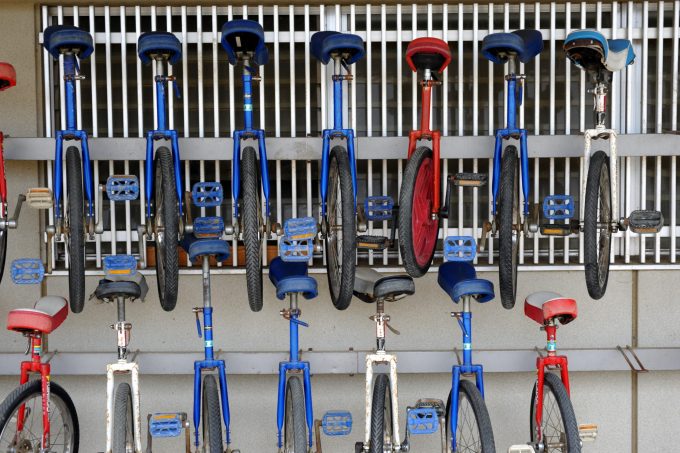Is your school too competitive? Adam Voigt talks ‘removing rules’

I’m an unabashed fan of the controversial US writer and philosopher Alfie Kohn.
It could partly be because of the considered and confronting content that Kohn produces, such as his famed “The Homework Myth”, a book that underpinned my own school’s approach to homework when I was a Principal.
It could also be because I seem to be intrinsically drawn to people who like to stir up a spot of trouble. Either way – I reckon Alfie is pretty cool. Being a fan, I recently did what fans of people tend to do and followed my hero on Twitter. And not long ago, Kohn started tweeting some really interesting stuff about the assumptions we make in communities.
Specifically, Kohn was talking to an array of concepts that we just accept as being important and required – when perhaps they just aren’t. Let me give you some examples that Kohn pointed to: • Considering laws, we think we need plenty of them (let’s be honest, we remove laws far more rarely than we add new ones).
Yet, you cannot be arrested in Kohn’s home city of Boston for jaywalking. There’s just no law for it. It’s culturally accepted in Boston that pedestrians will cross the road where they feel they need to and that both drivers and pedestrians will look out for each other.
The result is that Boston has one of the lowest rates of pedestrians being struck by vehicles in the country.
- Considering sportsmanship, Kohn pointed out that there’s actually no need for it unless people are in competition. Only when we’re competing do we feel a need to say to the other person “Look, I’m trying to grind you into the dust but I’m going to try to do it in the least ugly possible way”.
- Considering theft, Kohn points out that the concept only exists in cultures where there is private property. This isn’t because people refrain from stealing, but because the idea literally has no meaning if the possessions of others aren’t off-limits even when not in use.
- Considering leisure, it’s superfluous to needs unless the work is experienced as being alienating or unfulfilling.
It really got me to thinking about two key points.
Firstly, the underestimated impact of culture is abundantly clear in each of these examples. Where control is sought, the role of the participants in the system seems to be to break the system of control, such that a system of policing this control is required.
I don’t know about you, but that already sounds like a lot of hard work to me. Maintaining control, by catching system participants doing the wrong thing and then punishing them, seems to both waste a huge amount of resource and also reduce effectiveness. The Boston jaywalking example proves this beautifully.
If instead, we sought to create a culture where participants are geared or conditioned to help each other, rather than compete, then we might find that rules and laws become less relevant.
Secondly, this notion of needing to temper behaviour in some way when we compete is intriguing to me. I think most of us would agree that schools, by nature, should be collaborative systems and not competitive ones. Yet, because competition is so motivating, we welcome it through forms as various as house points, table points, reading charts, dojo points and spell-a-thons.
Are we potentially just inviting ugly behaviours to enter our school inside the Trojan Horse of competition?
It led me to some big questions about schools that might be worth your Leadership Team spending a few minutes chewing on:
- What would it look like to blur the lines between work and recreation in your school? How could student long for recess a little less?
- What rules do you have that are simply evidence of systems of control? Are they absorbing more effort than the return they are providing? Are they even working?
- What competitive mechanisms exist in your school that are encouraging ugliness? Are there other schools near you who could be more like partners in collaboration than competitors?
- What’s our view of ownership when it comes to resources in our school? Are they owned by individuals or by the collective? Would it be ok for somebody to “steal” a resource if somebody isn’t using it at the time?
- Could a genuine shift to a culture of collaboration replace the need for a raft of rules in your school? Hmmm.







